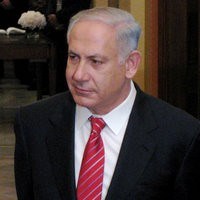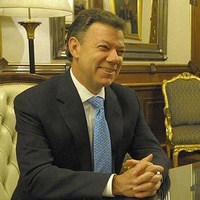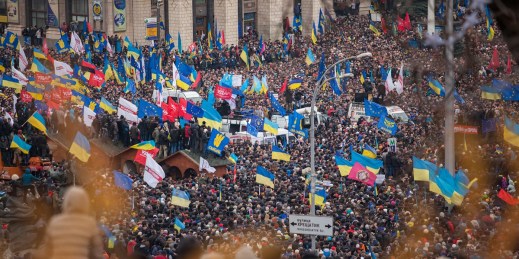
The late Venezuelan President Hugo Chavez once tried to insult his country’s next-door neighbor Colombia by calling it the “Israel of Latin America.” But the Colombian president said he found the comparison an honor. “I admire the Israelis,” said President Juan Manuel Santos, characterizing the misfired epithet as a “compliment.” Santos made his comments last summer, when he had traveled to Israel to sign a bilateral free trade agreement. The visit, as one might expect, brought a flurry of mutually admiring remarks among the countries’ leaders. But what might have seemed as a one-off burst of flattery has continued to […]





